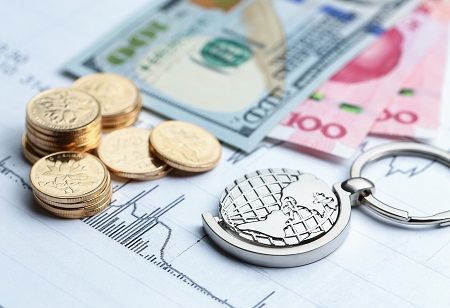
- Malaysia sees revised ATIGA (by Oct 2025) boosting ASEAN trade.
- Tackling non-tariff barriers and aiding MSMEs is a priority.
- ASEAN Digital Economy Framework (DEFA) to enable inclusive digital trade.
Malaysia is optimistic that the revised Asean Trade in Goods Agreement (ATIGA) will facilitate market liberalization and enhance trade among its 10 member nations, according to Investment, Trade and Industry Minister Tengku Datuk Seri Zafrul Abdul Aziz.
The improved agreement, anticipated to be finalized in October this year, may yield benefits that extend beyond the trade of goods, he informed Bernama here on Sunday during an exclusive interview.
He mentioned that intra-Asean trade is now between 20% and 24%, and there is potential for further growth, with the enhancement of ATIGA anticipated to be crucial.
“In trade, more or less, we have liberalised already, but investment in strategic sectors will take flexibility for Asean countries to understand each other's position, especially when most countries also have to think of their strategic national interests,” he said.
Also Read: The Impact of Trade Wars: Risks and Opportunities for Asian Manufacturers
“Malaysia, of course, has slowly been liberalising, and we don't have that condition anymore, unless it's subject to national interest [such as involving] insurance companies,” he said.
Regarding non-tariff barriers (NTBs), especially in banking and financial services, member countries must consistently address this issue, according to Zafrul.
Although NTBs present a challenge, the minister noted that a greater hurdle is enhancing regional trade accessibility for micro, small, and medium enterprises (MSMEs), which constitute 99% of ASEAN’s business environment.
He emphasized the significance of inclusive trade strategies and support systems like capacity building, financial aid, and awareness initiatives to aid MSMEs in engaging with regional markets.
Furthermore, he mentioned that the Asean Digital Economy Framework Agreement (DEFA), anticipated to be finalized by the end of 2025, will create a more inclusive trade environment.

